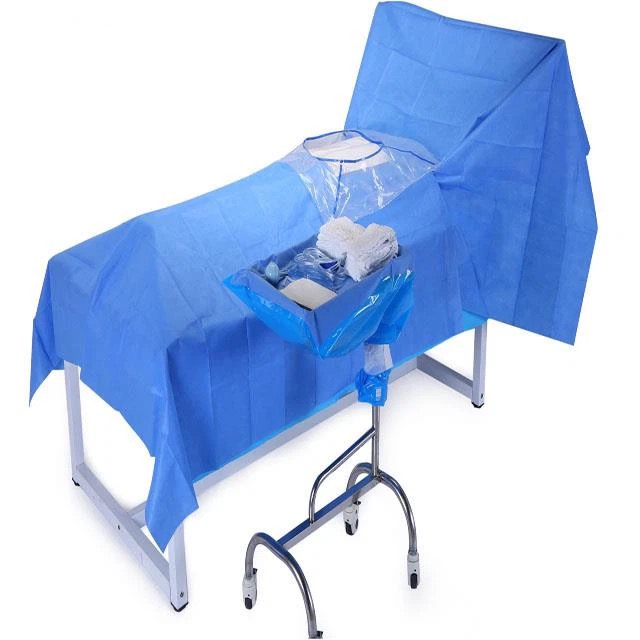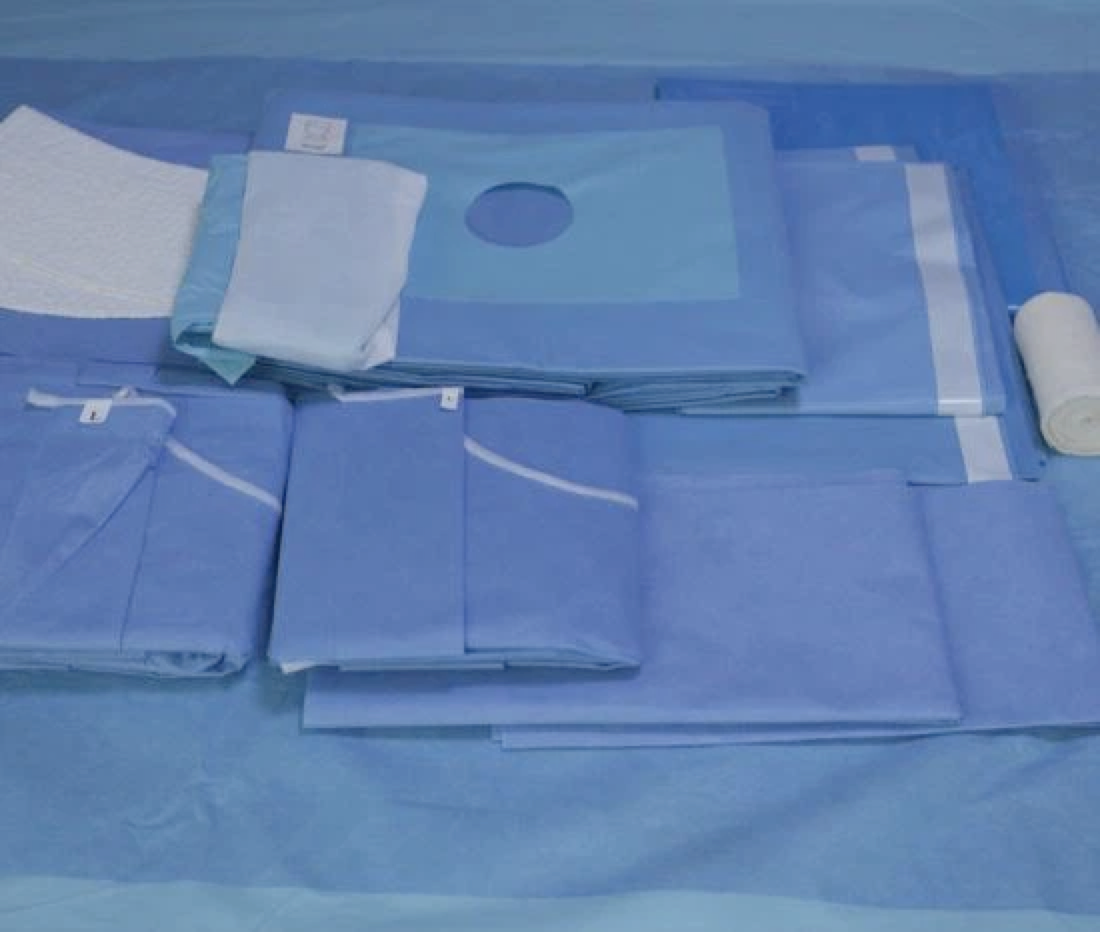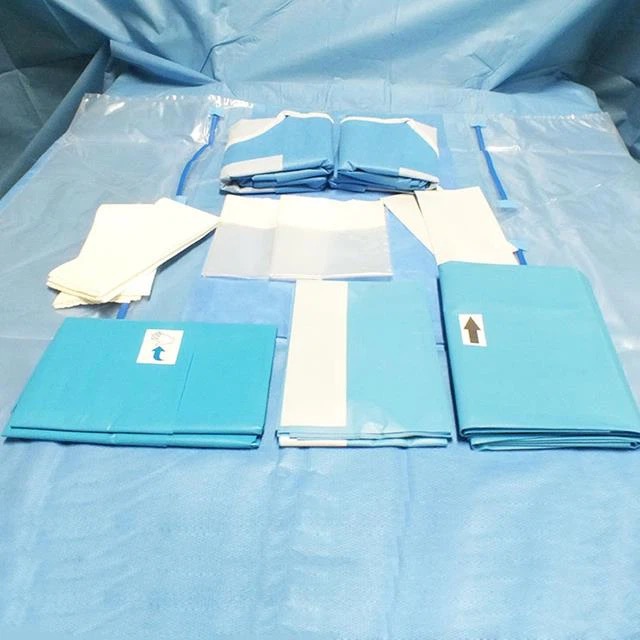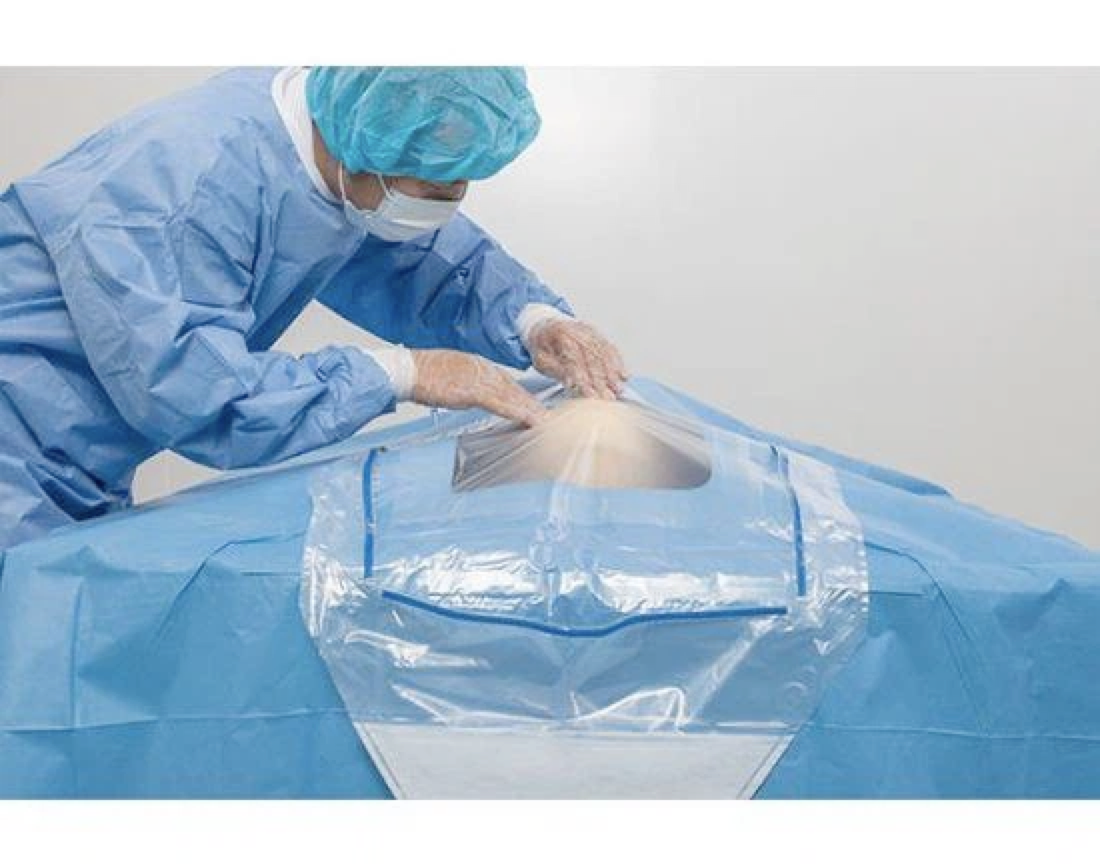What is postoperative thirst?
Postoperative patients thirst is due to a long period of fasting and drinking, preoperative medication, anaesthesia or trauma, resulting in a negative balance between oral salivary secretion and consumption, so that the oral mucosa is not adequately moisturised, when this dry mouth stimulus reaches a certain threshold will form a subjective sensory symptom of dry mouth, thirst as a typical feature.
The current situation of drinking water for postoperative general anaesthesia patients
At present, postoperative water fasting for 6h or even longer is still used in domestic clinical practice to prevent postoperative aspiration and reflux from occurring in general anaesthesia patients. Prolonged water fasting leads to an increase in the incidence of postoperative thirst, which has become one of the strongest and most prevalent symptoms felt by postoperative patients, with 80% to 90% of patients experiencing thirst during the waking period of anaesthesia.
If the patient does not express thirst, does it mean that the patient is not thirsty?
As a healthcare professional, you should understand that even if you experience thirst, most patients usually do not spontaneously express it verbally because the message that patients get when they experience a family member or friend being sick in the hospital is that in order to avoid unnecessary risks and to reduce the number of adverse events, a prolonged period of preoperative and postoperative water fasting is required. This has become an ingrained notion in the patient's brain; therefore, medical staff should take the initiative to ask patients about their thirst and not use reticence as an excuse to ignore it.
Symptomatic assessment of thirst after general anaesthesia
The experience of thirst in patients after general anaesthesia is more severe than expected, and despite the many predictive signs of thirst in postoperative patients, it is often under-appreciated in clinical practice because the symptoms of thirst are reversible and not life-threatening; however, it has been found from patient perception that the experience of thirst occurring in the postoperative period is more distressing and agonising than pain. Therefore, it is important to recognise the occurrence of thirst in patients in a timely manner.





